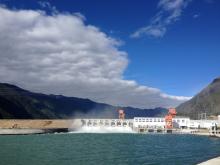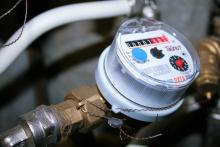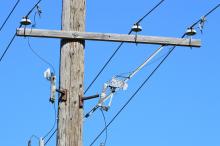PPP Arrangements / Types of Public-Private Partnership Agreements
Public-private partnerships (PPPs) take a wide range of forms varying in the extent of involvement of and risk taken by the private party. The terms of a PPP are typically set out in a contract or agreement to outline the responsibilities of each party and clearly allocate risk. The graph below depicts the spectrum of PPP agreements *.
For a summary of each type of arrangement and sample agreements, see:
IFC SmartLessons
SmartLessons is an awards program to share lessons learned by the International Financial Corporation (IFC) during development-oriented advisory services and investment operations.
Climate Change Laws of the World Database
The online database covers climate and climate-related laws, regulations, policy statements, and other directives issued by national governments.
Tracking Reference: Climate_Change_Laws _World_Database_CS:Legal_Framework_EN
United Nations Framework Convention on Climate Change (UNFCCC) Site
The UNFCCC site contains documents and decisions related to the efforts made under this international framework, including the 2000 Kyoto Protocol and the 2015 Paris Agreement.
Tracking Reference: UNCC(UNFCCC)_CS:Legal_Framework_EN






